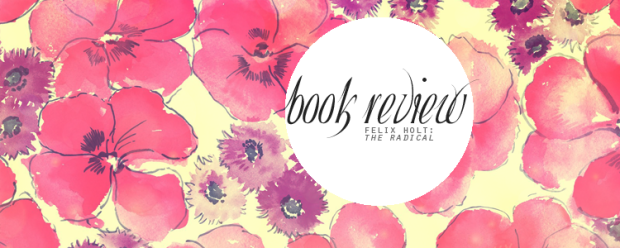

★★★★
I first read The Odyssey in August 2014 – so it’s been 5 years almost exactly since I last read it and, honestly, I think I enjoyed it so much more this time around. I don’t know if that’s because I listened to it as an audiobook this time around, the fact it was a different translation, or a combination of the two, but it moved it from a 3 star read to a 4/5 star read easily.
Most people are familiar with parts of The Odyssey – the stories of Circe, the Cyclops, Odysseus’ journey to the underworld – so it doesn’t seem worth rehashing over something that has been reviewed numerous times before in much better ways than I am capable of.
What I would like to discuss is the translation I read. Emily Wilson is the first female to translate The Odyssey in to English – and she didn’t just do that, she intended to keep the same rhythm as the “original” Greek verse so rewrote it in iambic pentameter. Not only that but she made it accessible. The foreword to this edition was enlightening, and discussed her translation process and choices and is actually something I’d highly recommend you read – before or after reading the main meat of the book. She points out in this section that many translations have made the book inaccessible due to their linguistic choices to give their version that “authentic” feel – something she says is absolute rubbish as the story has an oral tradition, and would have been adapted by each generation to fit in with the language of the day. If her goal was to bring The Odyssey to a new generation, I think she’s certainly going to achieve it with this translation.
Something else she’s done throughout this book is stripped away the former translators misogyny. This book is always going to be problematic in the way women are treated and represented, and while she has stayed true to the original story. Previous translations refer to the women who are enslaved to Odysseus and Penelope “sluts” or “prostitutes” – Wilson addresses them as slaves, and does seem to imply that a lot of their perceived wrongdoing against Odysseus is not entirely their fault, but a nature of their station. She explores Odysseus as a “complicated” man, which he most certainly is – and she doesn’t sugarcoat him or enhance his heroic deeds, which for me is appreciated.
She has stripped this story back to the roots, removing a lot of ingrained misogyny of translators along the way, leaving it to be told as simply and effectively as possible. I for one loved this translation.
The audiobook, read by Claire Danes, was also spectacular and something I would highly recommend. The story is, historically, orally told and hearing it rather than reading it was a very different experience and one I really enjoyed.












